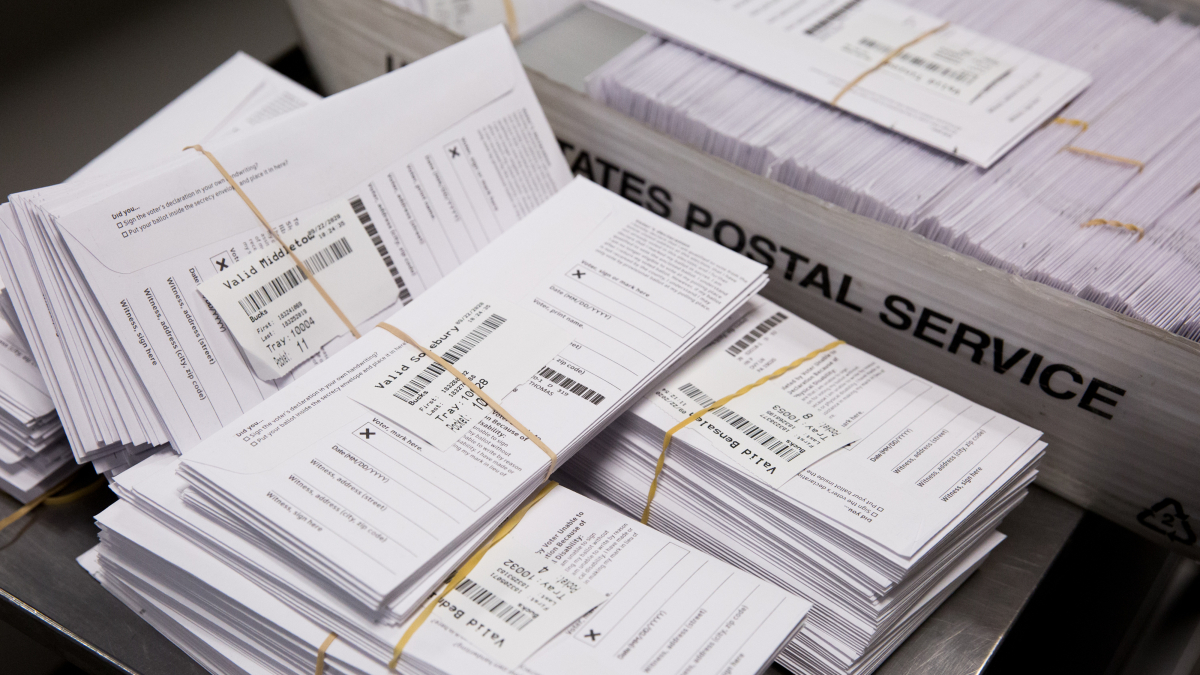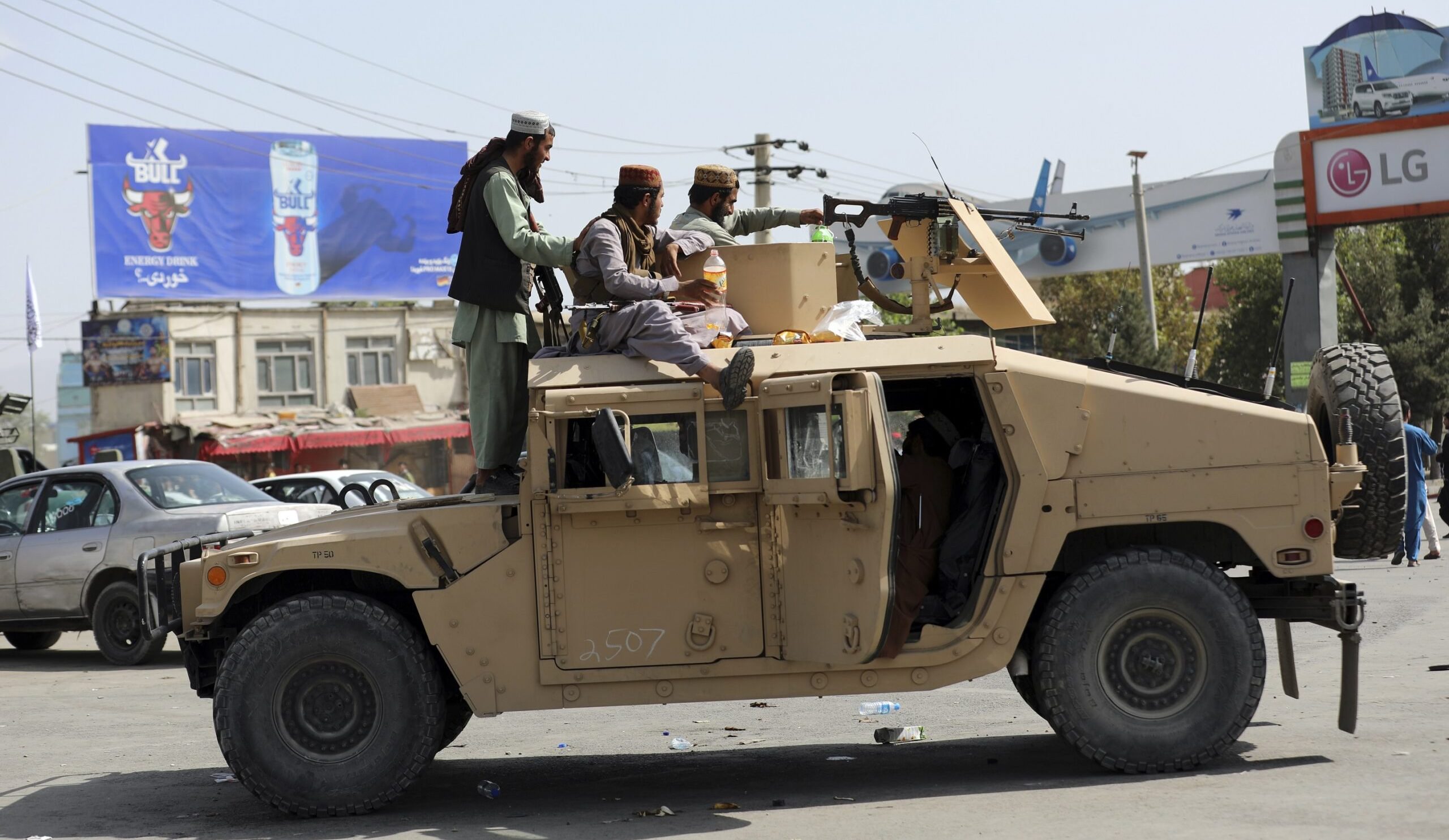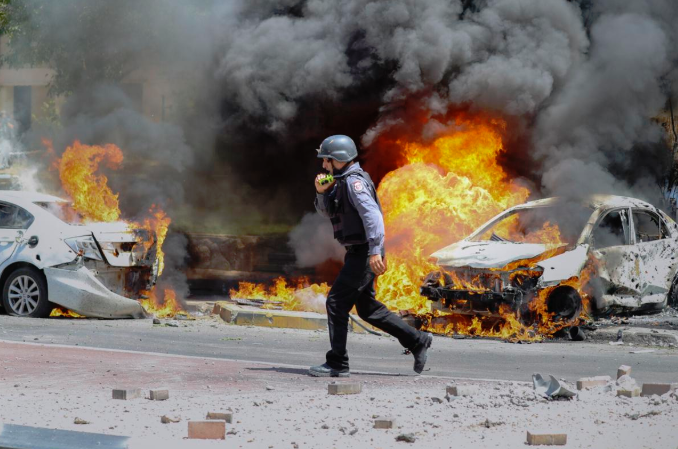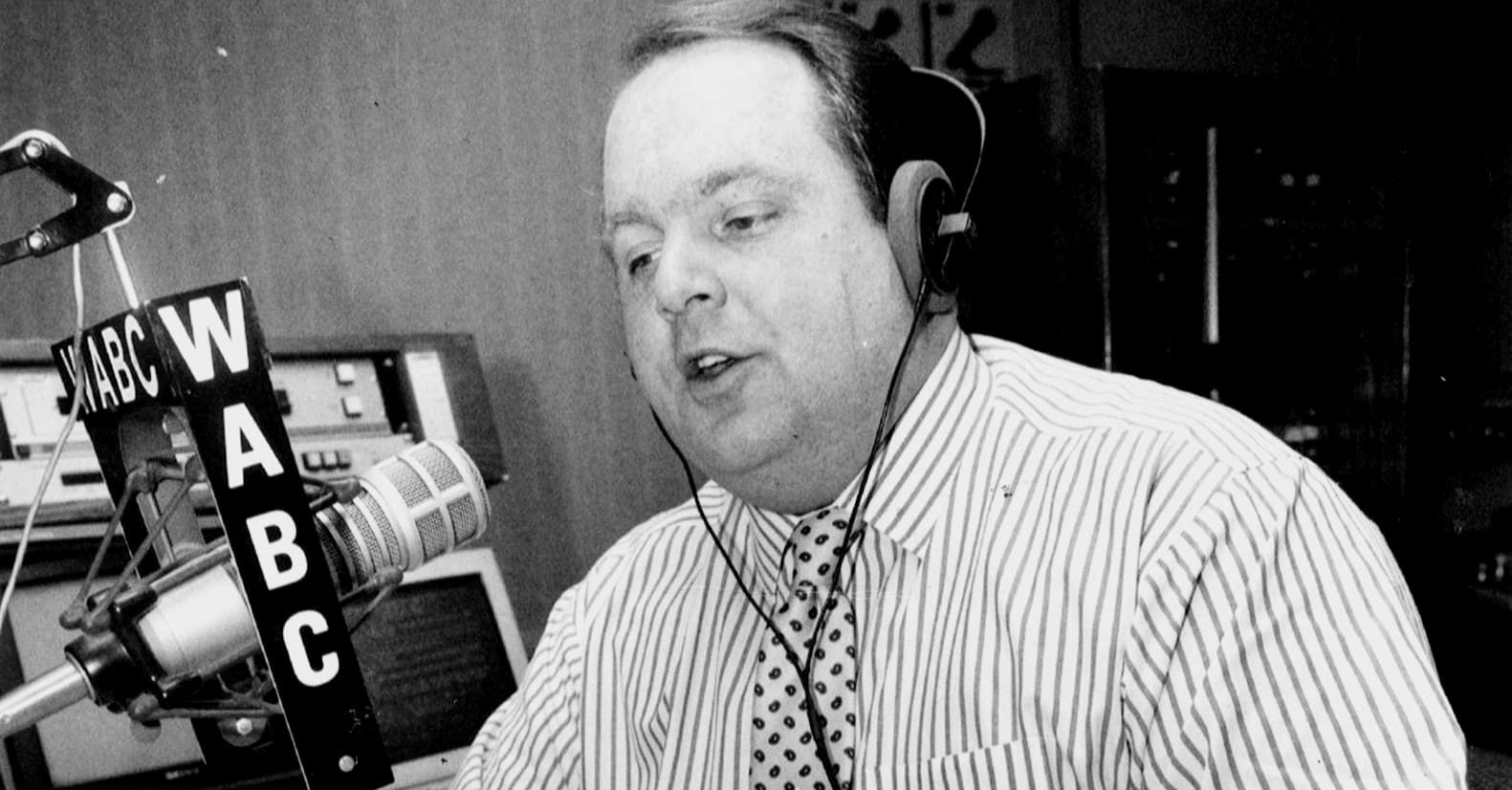PHILADELPHIA, PA — In an exclusive Washington Reformer investigative report, we have found at least 1,413 Pennsylvania voters over 100 years old who were provided with mail-in ballots in the 2020 General Election, 3 of which were born before the civil war. It is currently unknown how many of the 1,413 registrations, showing active ballots cast in the 2020 General Election, are of deceased voters. Pennsylvania not only has voters over 220-years-old on their voter rolls, but approved their mail-in voting applications, sending and accepting their ballots. The status of whether these ballots were marked as ‘provisional’ is currently unknown.
According to public open data provided by the Pennsylvania Secretary of State, 1 was born in the year 1800, 2 were born in the 1850s, 9 were born in the 1890s, and 25 were born in 1900.
While 58 are listed as being born on January 1, 1800, the Pennsylvania Secretary of State noted that this date is used for confidentiality reasons, usually to protect victims of domestic violence.
Pennsylvania not only has voters listed as being over 200 years old on their voter rolls, but they approved their mail-in voting applications, sending and accepting their ballots. The status of whether these ballots were marked as ‘provisional’ is currently unknown.
The oldest living Pennsylvanian is Ardith Grose, who is 113 years old. At least 51 active registrations belong to individuals who are over 113 years old. These deceased registrants are recorded as having cast ballots in the 2020 general election.
The New York Times has dismissed similar findings in Michigan as being ‘clerical errors.’ BBC also dismissed such abnormalities, “We’ve seen other isolated cases of allegations of ‘dead people’ voting – most also explained by family members with the same name, or technical hitches, such as voters being instructed to enter a dummy date of birth if they can’t initially find their voter registration record online.” While it’s rather easy to dismiss such discrepancies as being ‘clerical errors,’ these certainly show vulnerabilities in Pennsylvania and Michigan for fraudulent voters to cast ballots within the election. It is irresponsible for journalists to dismiss this data, as the only way to determine the legitimacy of these registrants is for each one to be investigated and verified. While it is possible that these could merely be clerical errors, it is also possible that these could be illegitimate voters.
If these are in fact ‘clerical errors,’ it is troubling that voters with such erroneous errors on their registrations would have their ballot applications approved, and provided an official ballot by the state of Pennsylvania. Rather than approving the ballot requests and providing official ballots to questionable voters, shouldn’t the state of Pennsylvania have verified the identity of the voters with inaccurate information on their ballot applications or registrations?
Furthermore, it’s important to question where these dates of birth originate. Are the dates listed from the voter registrations of these registered voters, or are they from the dates of birth listed on the ballot applications? If the dates of birth are from the ballot applications, Pennsylvania voters are also required to provide proof of identity, which would either be a PA driver’s license or PennDOT ID. Therefore, if the date of birth listed on the ballot applications and identification card did not match the dates of birth listed on the voter registrations, the ballot applications should have been presumably rejected. If the date of birth on the identification card did not match the date of birth on the ballot application, the application should have been rejected. Simply dismissing these discrepancies as ‘clerical errors’ is irresponsible, as each discrepancy must be investigated to determine whether the application and voter registration is legitimate.
Pennsylvania’s public open data also showed that out of 276,680 Pennsylvania voters over 80 years old who requested and received ballots, 71,623 filed their ballot application online. This means that approximately 25.94 percent of all 80-year-old voters had their ballot applications filed online, rather than applying for a ballot by mail. To apply online, a PA driver’s license or PennDOT ID must be scanned and submitted. Considering that several voters registered as being born in the 1800s (presumably providing required photo identification) applied for ballots and were approved by Pennsylvania election officials, it raises serious questions about the trustworthiness of Pennsylvania’s online ballot request system and legitimacy of their election results.
If at least 37 deceased voters (listed as having cast ballots in the last election) can slip through the cracks, it’s reasonable to conclude that more recently deceased voters may have also voted in this election. This is why an investigation is necessary.
In 2017, these same discrepancies were found in the neighboring state of West Virginia by newly elected Secretary of State Mac Warner (R). Warner found that Fmr. Secretary of State Natalie Tennant (D) left nearly 50,000 illegitimate voters on voter rolls. Approximately 47,490 names were removed for various reasons. A common occurrence was where women changed their names when they became married and reregistered, existing on the rolls twice. Others moved and registered in a different state or county, remaining on books in their original location. Many voters were also not removed after they became deceased.
This is a common problem in many democratic states and is likely a problem in Pennsylvania, as these discrepancies suggest.
While the number of obviously fraudulent ballots cast is limited, their very existence raises serious questions as to how many fraudulent voters exist that are hidden, as they are not clearly detectible by simply observing dates of birth revealing questionable activity. By this report, we know the potential exists that deceased people voted in the 2020 Pennsylvania general election. The question is: how many hidden illegal voters are casting fraudulent ballots and how many are legitimate voters with applications and registrations victim to clerical errors? This can only be determined by an extensive investigation.
The voter rolls in Pennsylvania must be cleaned and corrected. Then, the ballots of discovered illegitimate voters must be discarded. Democracy dies in darkness, and a refusal by officials to investigate each of these questionable discrepancies undermines our representative democracy.
Active Pennsylvania Voters Born 1800-1907
Active Pennsylvania Voters Over 100 Years Old
Active Pennsylvania Voters Over 80 Years Old and Registered for a Ballot Online
Active Pennsylvania Voters Over 80 Years Old







